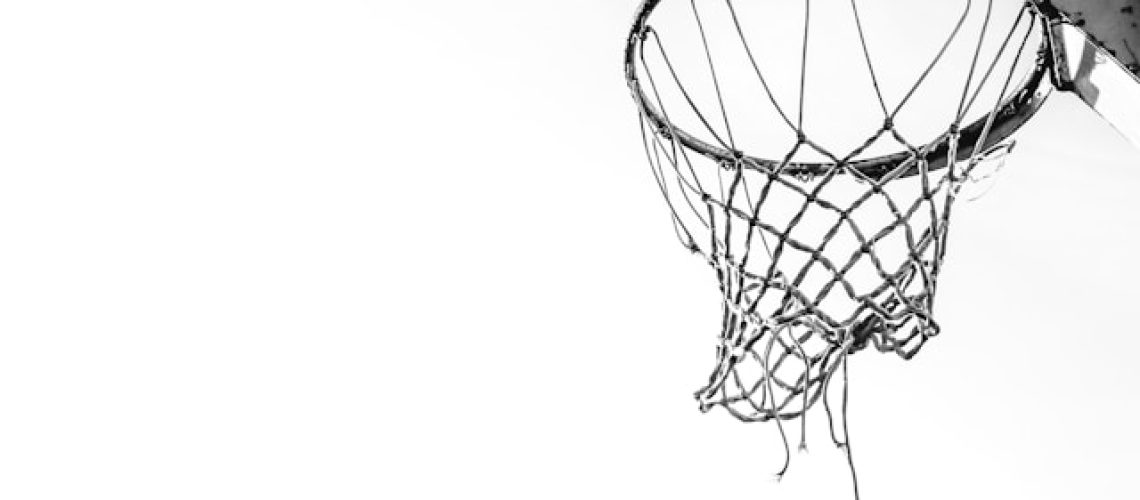Basketball stays popular in Australia, schools, parks, sports halls, and house driveways all have courts ready for players. Players from every age group join casual matches or compete each week, so right gear helps everyone enjoy and makes everything last. Most attention goes to the ring or backboard, but finding a strong net is also an important part of the setup. The best net does more than finish the look of your ring, shot clear view, player mood, and how easy the game flows all change when you pick the right net.
You might think basketball nets are a small topic, but they change the real game each time you score. Every shot, long three-point or fast layup, should hit a net that makes a “swish” and lets the ball pass right. There are nets for all courts, made to fit the place and use, so picking the one for your court means knowing what you need. Material, court type, how often you play, and even your level all change what net will work best.

Nylon Nets Fit Best for Inside Courts
Indoor courts in Australia have good weather cover and no UV or rain, so nets can use soft nylon material. Loads of sports halls in Australia use nylon nets because they go on and off quick and let you hear a real “swish” every shot. These nets weigh less, take seconds to put on, and fit busy school sessions or club training games. You find nylon nets in gym courts and sports centres across Melbourne, Brisbane, or Perth, since this setup costs less and lasts long inside. They also play quiet, which helps in shared halls or places with lessons happening close. For best value, choose thick, well-stitched nets because heavy use can wear out lower-grade options too soon.
Choose Chain Nets for Outdoor Games
Outside courts, from beaches in NSW to backyard rings in rural Victoria, face wind, salt, and sun, so nets must survive all weather. In these spaces, chain nets are the top pick. Chains, made with metal links, resist sun, stand up to rough rain, and last after many months outside. Public parks or schoolyards favour chain nets because they don’t wear down or tear, and these hoops see basketball almost every hour. While chain nets give a metal “clink” not a soft swish, many outdoor hoopers say it’s a good sound. If your court sits near ocean air or frequent storms, test for coated or rust-proof chain to make each net go longer.
Pick Pro-Grade Nets for Real Leagues
Anyone chasing local club glory or real league games will pick nets that match the top standard. Game nets for pros use blends of strong polyester or tight woven nylon, ready for any real match. These league nets rebound the ball in a set way, giving each scorer a fair shot. With big city growth, more clubs in Sydney or Adelaide now match their club court nets to official league specs, so practice and real gameplay always feel alike. When you spend a bit more for pro nets, you get anti-whip change, stopping those nets from twisting up, so play keeps moving. It’s a small extra cost but gives real improvement every match day.

Frequency and Weather Change Your Net Pick
How often you hoop changes what kind of net suits the ring. A backyard game just weekends goes well with basic nylon, but a court open all week needs chain links or thick strong nylon nets. If only children play, a simple loop works, but if teens or adults train for league, you need nets built for high hits. Australia’s climate shape matters as well; too much sun in Perth might break nylon fast, or Tasman rain will rust chain unless the net is coated. When you pick with weather and court use in mind, you save money from dodging replacements and keep the court ready at all times.


